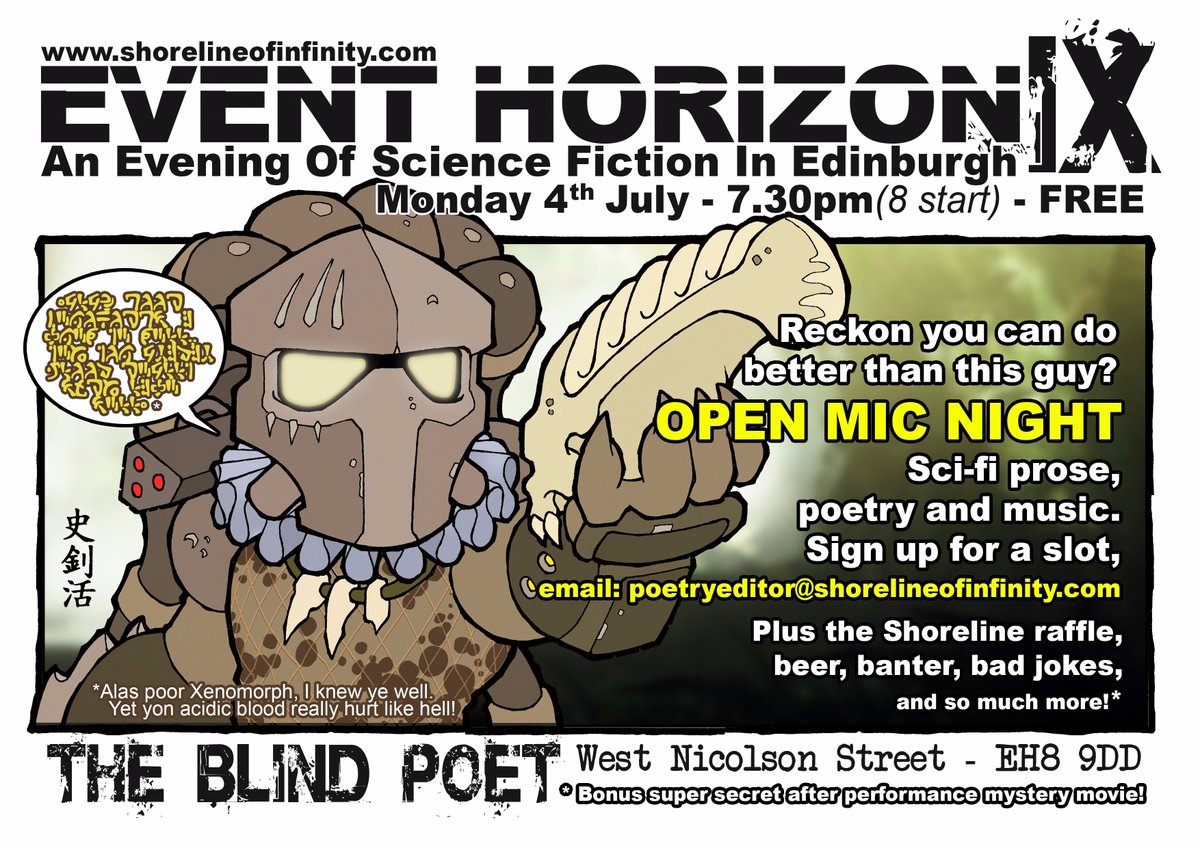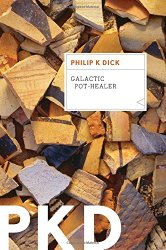- Joined
- Jul 19, 2004
- Messages
- 29,622
- Location
- Out of Bounds
I'm puzzled that more of these "Greatest Science Fiction" compilations don't include any works by Stanislav Lem. IMHO, his writing is on an entirely different level from mainstream commercial writers like Bradbury, Asimov, and Heinlein (All of whom I enjoyed growing up, but as an adult not so much.) ...
Solaris, Fiasco and His Master's Voice are three of my all-time favorite SF novels, and Golem XIV remains the most thoughtful treatment of AI that I have read. Highly recommended.
I agree on all points. Lem was operating on a different, higher, plane when it came to delving into the implications and ramifications of SF scenarios. Moving from the most popular SF writers of that era to Lem was like switching from soft drinks to hard liquor, and this transition was too much for most casual SF readers.
On the other hand, Lem's deep treatment of certain topics sometimes made his writings dense to the point of being textbook-turgid. This would understandably turn off anyone seeking no more than light entertainment. Back in the 1980's (when AI was my specialty ... ) I read Lem as the most thoughtful SF writer on that topic, but I had to admit some of his stuff could be as much a slog as the technical literature in the field.
I also know what you mean about the most popular writers of one's youth becoming wince-worthy as one ages and develops more appreciation for what well-crafted literature can be. I'd pick Asimov as the SF writer I most enjoyed as a teen, yet most despise as a more mature reader. He played with / on a lot of good ideas, but by the time I was in my twenties I had to concede he was one of the least competent fiction writers I'd ever read. "I, Robot" isn't just his best-known title - it's a spot-on description of every character he created.
One other point ... The weaknesses of most commercial SF writers became more evident as they attempted longer works. It's typically within the short story or novella range where any of them managed to express something deep or interesting without drifting off into incoherence, outright fluff, or obvious filler. As a result, I tend to prize short story collections over novels for just about all the 'big names'. There are also lesser-renowned SF writers whose short works (in some cases, all they ever produced ... ) equal or exceed the quality and topical depth of more famous authors.








